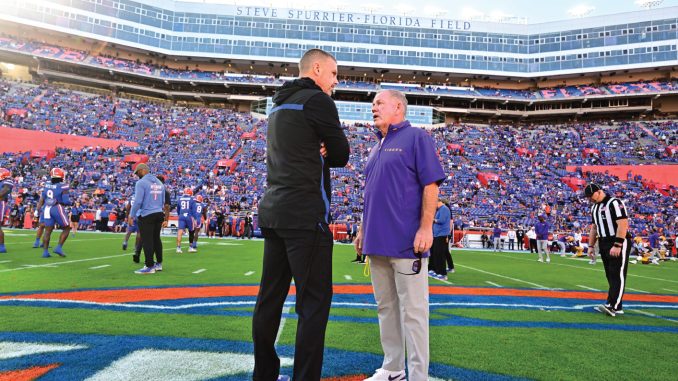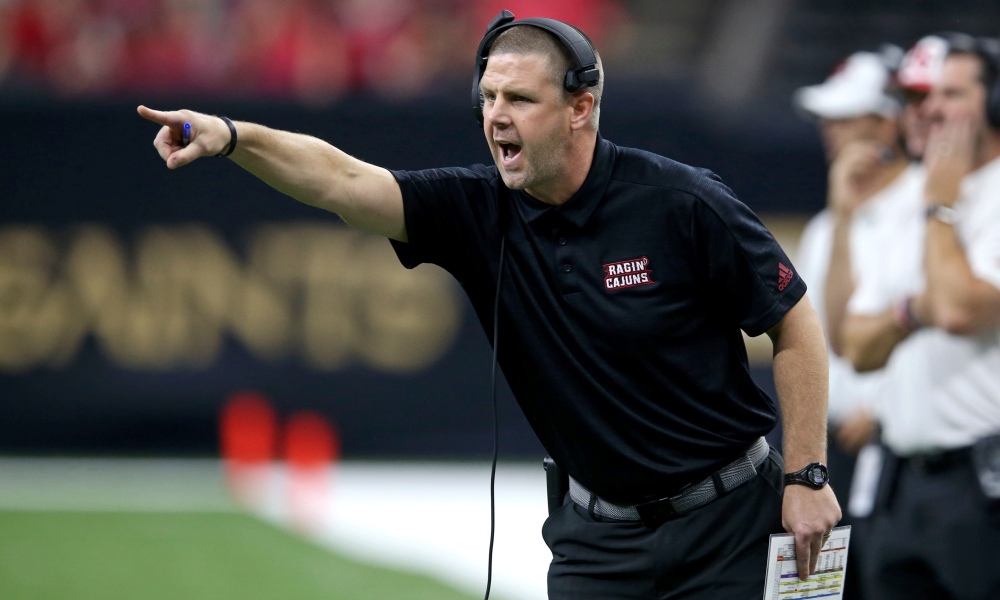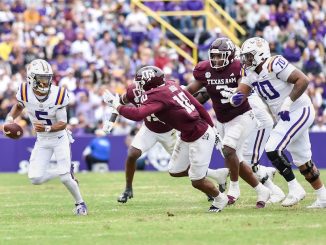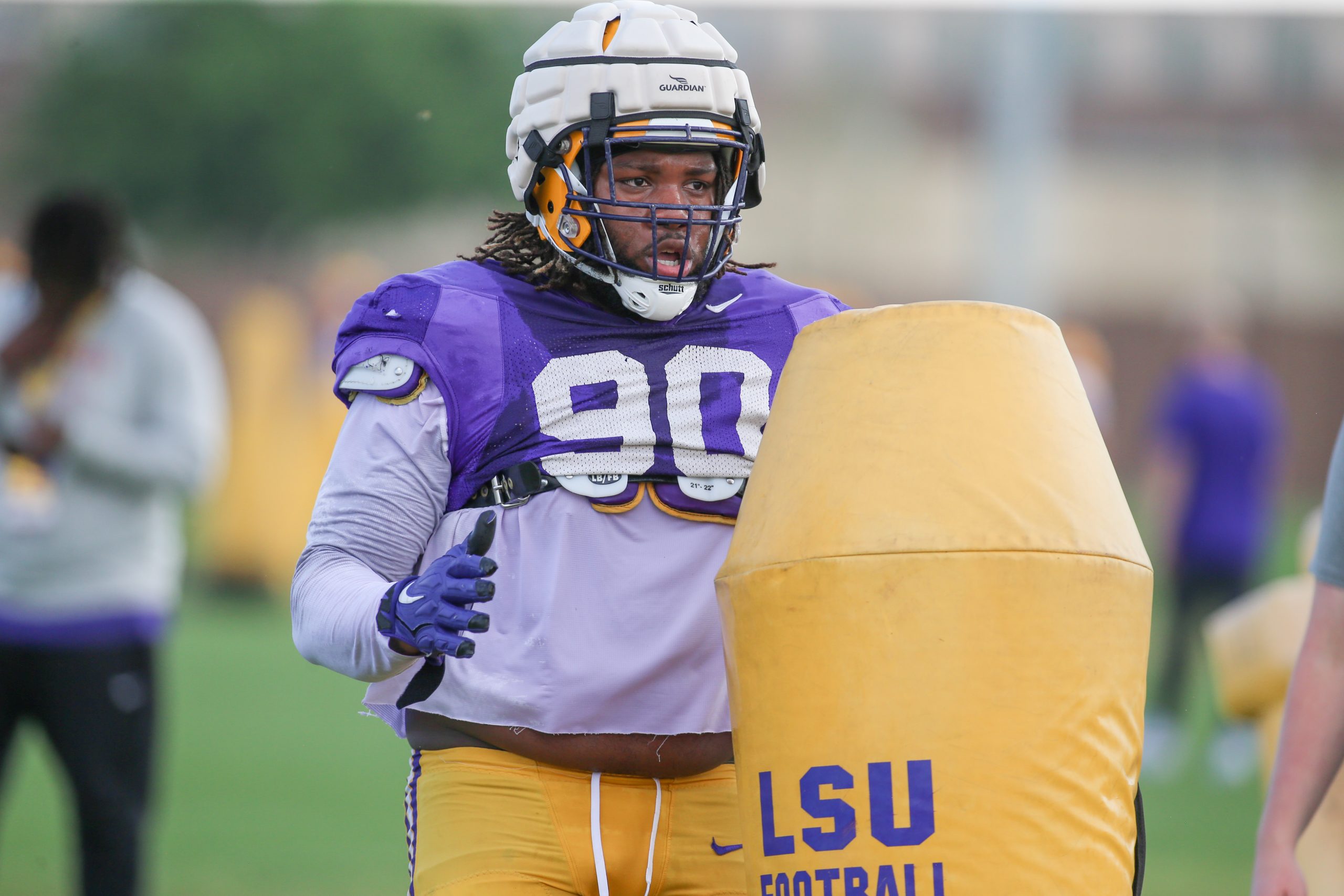
The 12-team College Football Playoff has arrived, and it was awesome, like that first weekend of the NCAA Tournament every year. Now, there were no upsets, no. In fact, there wasn’t even a good game over the first weekend.
But this still feels right. And Oregon and Ohio State on New Year’s Day (4 p.m., ESPN) in the Rose Bowl is destined to be a classic like the previous meeting that the Buckeyes lost 32-31 on Oct. 12 at Oregon. Georgia and Notre Dame on Jan. 1 (7:45 p.m., ESPN) in the Sugar Bowl looks like a great one as well.
And, by the way, Indiana deserved to get in, period, at 11-1, as did SMU at 11-2. Both fell in the first round – Indiana, 27-17, to Notre Dame and SMU, 38-10, to Penn State. But each were deserving to be there in the first place, regardless of how they did in the game. Same for Tennessee with its strength of schedule at No. 6 (13.1). Yet, it clearly looked the worst of the bunch in its 42-17 loss to Ohio State.
It’s not always about the schedule. And as college football moves into the playoff era with 12 teams now and maybe more in the future, folks need to make that transition and leave all this scheduling noise behind somewhat. Or were Tennessee fans yelling, “Hey, we had a tough schedule!,” after their embarrassing loss?
Ohio State 38, Indiana 15.
— Glenn Guilbeau (@SportBeatTweet) December 22, 2024
Ohio State 42, Tennessee and its Schedule 17.
Indiana did play Ohio State much better than Tennessee as it only lost, 38-15, on Nov. 23.
Yes, the Hoosiers had one of the weaker schedules, as of Tuesday at No. 23 with an 8.4 rating, But an 11-2 mark against that is much more deserving than Alabama going 9-3 against the No. 2 schedule (13.7 rating) because the Tide got embarrASSed, 24-3, late in the season on Nov. 30 by a then-5-5 Oklahoma team that finished 6-6 overall, 2-6 in the SEC.
Common sense says it doesn’t matter how good your schedule is if you lose in that way to that kind of a team that late in a season. Teams that lose to a 2-6 team by three touchdowns don’t belong in the playoffs, or even in the playoff conversation.
Yes, Alabama’s best win – 41-34 over No. 1 Georgia on Sept. 28 – was much better than Indiana’s best win – 20-15 over 7-5 and 5-4 Michigan on Nov. 9. But that was early in the season for Alabama and misleading as it lost the very next week, 40-35, to a Vanderbilt team that ended up an average 6-6 and 3-5, much like Oklahoma. Those two losses by the Tide erased its high quality win over Georgia.
All a team with a lighter schedule can do is beat the teams it should beat, and if they’re bad teams, beat them badly. And that’s what Indiana did all season long. It took care of business. Alabama and Ole Miss (9-3) did not. It doesn’t matter how tough Ole Miss’ schedule was (No. 8 at 12.3) or how impressive its 28-10 win over No. 2 Georgia was on Nov. 9, if it loses to a Kentucky team on Sept. 28 that finishes 4-8 and 1-7, or to a 5-5 and 3-4 Florida team on Nov. 23.
SMU, with a lighter schedule at No. 29 with a 7.1 rating, also did not mess up during its season as did Alabama and Ole Miss. The Mustangs’ worst loss was 18-15 on Sept. 6 to BYU, which finished 10-2. Its only other losses were by 34-31 to Clemson (10-4), which reached the playoffs before a 38-24 loss to Texas, and to Penn State. In its other games, it took care of business against average to bad teams. Alabama and Ole Miss did not.
People too often forget when comparing teams that it is not always how tough your schedule is or how good one team you beat is. Often, the team, or teams – in Alabama and Ole Miss cases – you lose to outweighs everything. The losses must be weighed.
Ole Miss had one of the worst losses all season among the contenders and pretenders – 20-17 to Kentucky on Sept. 28. Kentucky finished 4-8 overall and 1-7 in the SEC. Buh-bye Lane Kiffin.
Indiana, on the other hand, lost to no bad teams, which is a road less talked about than it should be. The Hoosiers only regular season loss was 38-15 to then-No. 2 Ohio State, and the Hoosiers were within 14-7 at the half. That’s a quality loss. Indiana also beat the hell out of its easier schedule. This is why it finished No. 2 in the nation in scoring (41.3 points a game), No. 1 in rush defense (80.2 yards a game) and No. 3 in total defense (256.3 yards a game).
And quarterback Kurtis Rourke ended up No. 2 in the nation in efficiency at 176.0 on 222-of-320 passing for 3,042 yards and 29 TDs against five interceptions. Ole Miss’ Jaxson Dart finished No. 1 at 177.7, but he and his coach and team didn’t take care of business against Kentucky or against an average Florida team that finished 8-5 and 4-4.
South Carolina was also a three-loss SEC team, but it lost to Alabama and to Ole Miss, so in the end, none of those three deserved to go as they canceled one another out in what was a down year for the league. Of the three, South Carolina was most worthy. It did beat playoff-bound Clemson, but it didn’t take care of business at home against LSU. Actually, it did in a way, because LSU was extremely fortunate from some bad calls.
And remember this, it doesn’t matter if Alabama or Ole Miss or South Carolina could beat an Indiana or an SMU or a Boise State or an Arizona State in the field. The fact that any member of the sad SEC trilogy could beat or or a few of the playoff teams is another example of those three not playing up to their potential. If Alabama is good enough to beat Indiana, which it probably is on a good day, it should’ve beat Oklahoma and Vanderbilt, even on bad days. Indiana, on the other hand, did play up to its potential each and every week and beat who it needed to beat, just like SMU and Arizona State and Boise State.
ALAS, LSU WOULD’VE WON THE TIEBREAKERS
LSU, like Alabama and Ole Miss, did not get into the playoffs because it also didn’t take care of business against a team it should have. Even with the bad loss to USC (which finished 6-6), the Tigers would have reached the SEC Championship Game against Texas on Dec. 7 instead of Georgia, had LSU just beaten Sun Belt Billy Napier at Florida on Nov. 16.
The Gators limped into that game at 4-5 and 2-4 in the SEC after 49-17 and 34-20 losses to Texas and Georgia, respectively. LSU also limped in after back-to-back losses to Texas A&M (38-23) and Alabama (42-13).
And LSU fell, 27-16, to Florida for the first time since 2018, dropping to 6-4 and 3-3 in the SEC and out of the playoffs before finishing 8-4 and 5-3.
Alas, all the teams that needed to lose did in the SEC tiebreaker system, and had the Tigers defeated Florida, it would have finished in a three-way SEC tie at 6-2 with Texas and Georgia. And LSU would’ve won the fifth tiebreaker, which is combined winning percentage of each team’s SEC opponents.
A win over Florida and Billy The Kid followed by the wins over Vanderbilt and Oklahoma would have matched a 9-3 and 6-2 LSU with Texas in the SEC title game. What a night that would’ve been as border schools LSU and Texas met for the SEC title in Texas’ first year. Texas and LSU have always been natural rivals with everything in that recipe except the games. LSU and Texas should be permanent opponents in the new SEC.
A loss by LSU would have meant the Tigers would not have made the playoffs because of its four losses, including a bad one – to USC, which finished 6-6. Still, that would have been a much better way to end the season.

Billy “The Grinch” Napier stole Christmas, however.
But not all of it. LSU’s still got the Portal and a No. 2 ranking in the country behind No. 1 Texas Tech in that category, according to 247Sports.com.
So, Merry Christmas!





Be the first to comment